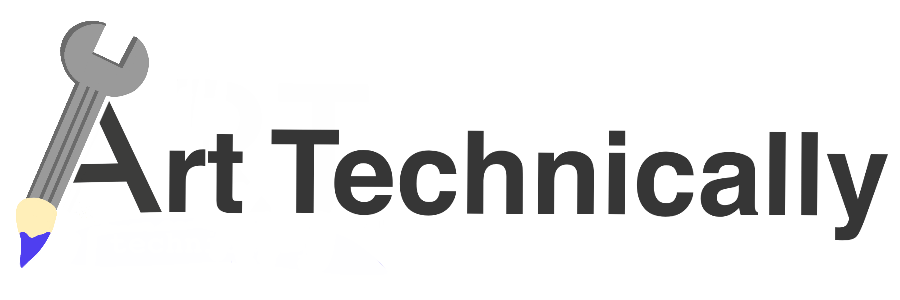MEDIA, SCIENCE, ART, STUDENT WRITER
Jobs in Art and Media: Film Editor

Elizabeth Kirshtein, Student Staff Writer, New Jersey
30 October 2020
Films aren’t done when the shooting ends. Once the shots are collected and the cameras start packing up, it is time for the post-production team to get to work.
Depending on the budget this includes sound effects, visual effects, and the topic for this spotlight: film editors. Editors work closely with directors and producers to decide which shots to get in and when, and fit filming into a reasonable time frame in order to assemble a fully realized story. Often these cuts can be anywhere from half a second each, or in the case of Alfred Hitchcock’s “Rope,” ten minutes long. Film editors are the assembly people of video and their work can drastically change the tone and even the story of the project. Assistant Editors are often in charge of organizing the hundreds of video files and making sure they do not become lost.
While it all sounds simple in theory, professionals spend years developing their passion. It is not an understatement to say that most films make it or break it in the edit.
The average annual salary for a film editor runs from about $35,000 to $79,000. However, these figures vary based on a variety of factors. Unless specifically employed by a company or a production house, most of the work is done freelance and by contract. Actual payments are going to depend on the editor’s level of skill, expertise, and the project’s budget. Those who are starting out are recommended to look for internships or handle some free work in order to get practice and build up their demo reel. Once an editor becomes more proficient and they get more and more project options, then there is more bargaining power.
Besides storytelling and filmmaking experience film editors need lots of patience and organization skills in order to shift through the hours upon hours of footage. Most of the job is sitting in a dark room and cutting with meticulous detail. However, once you get really good, finding a job won’t be that hard.
How do you become really good? Practice! Practice! Practice! Nothing will happen instantaneously. Thankfully in the age of the internet, there is a lot of stock footage to work with. As for programs, Adobe Premiere Pro and Final Cut Pro are relatively popular. A quick google search will pull up other used software. If there aren’t any in your budget check if your high school and college others offer it for free or at a discount.
Besides technical skills, interpersonal communication is incredibly important. Like any other job in the arts and media networking is key in order to maintain a workflow. On bigger projects, editors need to juggle between directors, producers, and what they believe to be the best development of the film.
Want to stay up to date on STEAM?
Subscribe to our Hello World Newsletter.
